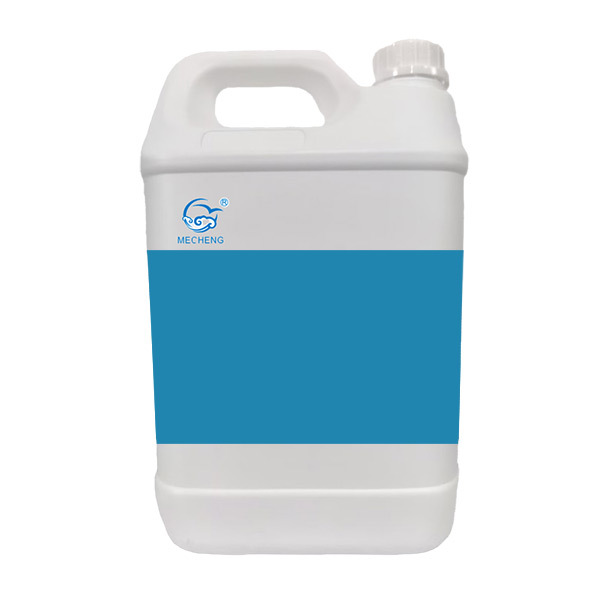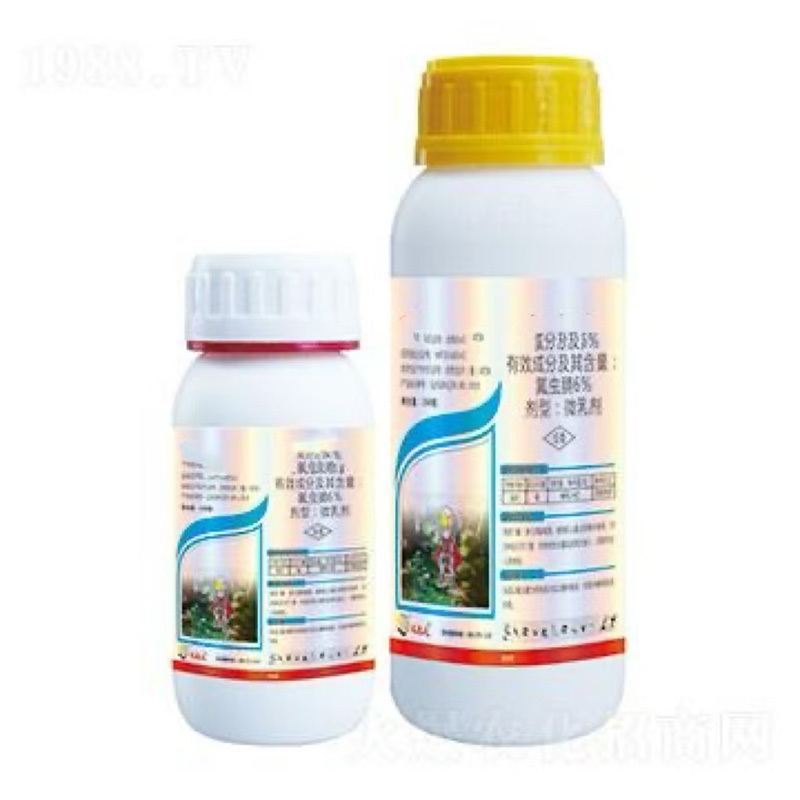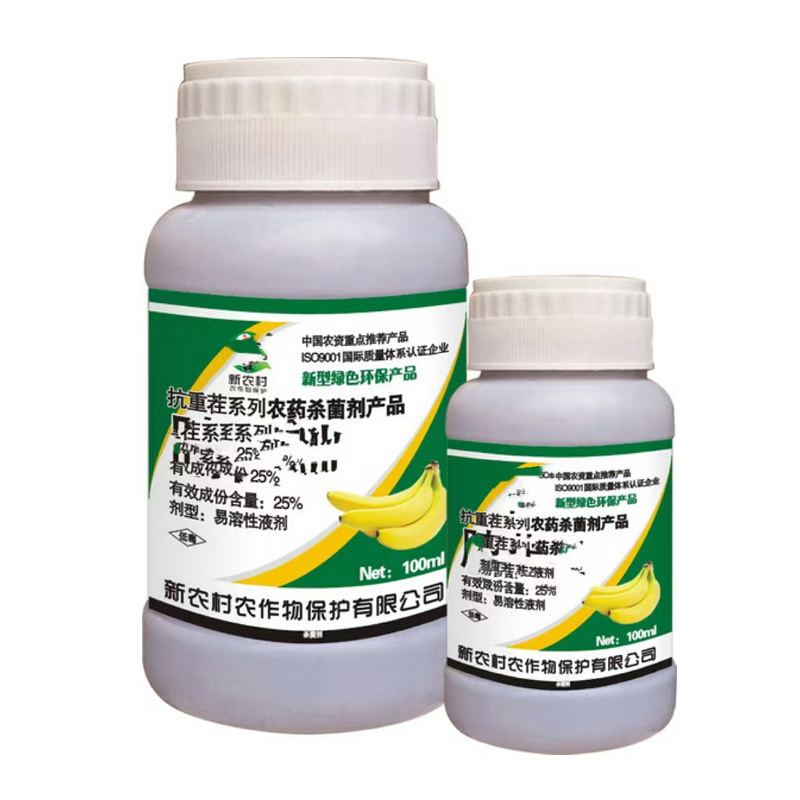-
-
-
News & Publication
-
News & Publication
Effective Strategies for Aphid Control in Agriculture
Time
2025-10-27
Aphids are small, sap-sucking insects that can pose significant threats to crops, leading to reduced yields and compromised plant health. Effective aphid control is essential for farmers and agricultural professionals looking to maintain robust and productive crops. Here are several strategies that you can implement to manage aphid populations effectively. **1. Monitoring and Identification** Th
Aphids are small, sap-sucking insects that can pose significant threats to crops, leading to reduced yields and compromised plant health. Effective aphid control is essential for farmers and agricultural professionals looking to maintain robust and productive crops. Here are several strategies that you can implement to manage aphid populations effectively.
**1. Monitoring and Identification**
The first step in aphid control is regular monitoring of crops. Understanding the life cycle and behavior of aphids can help in early detection and management. Utilize yellow sticky traps to assess aphid populations visually. Identifying the specific species of aphids present can inform targeted control measures, as some species may have unique vulnerabilities.
**2. Cultural Practices**
Implementing good cultural practices can greatly reduce aphid infestations. Crop rotation is an effective method, as it disrupts the life cycles of aphids and their host plants. Additionally, maintaining healthy soil through proper fertilization and irrigation practices can promote strong plant growth, making them less susceptible to aphid attacks.
**3. Biological Control**
Encouraging natural predators of aphids, such as ladybugs, lacewings, and parasitic wasps, can significantly aid in controlling aphid populations. Creating a conducive environment for these beneficial insects through companion planting and providing habitats can enhance their effectiveness in managing pests.
**4. Insecticidal Options**
When faced with severe aphid infestations, insecticides may become necessary. However, it’s crucial to select products that target aphids specifically while minimizing harm to beneficial insects. Organic options, such as neem oil or insecticidal soaps, can be effective in reducing aphid populations without disrupting the ecosystem.
**5. Integrated Pest Management (IPM)**
Adopting an Integrated Pest Management approach is key to long-term aphid control. This strategy combines different control methods, including cultural, biological, and chemical interventions, to create a comprehensive plan that minimizes pest impact while promoting sustainable agriculture. Regular evaluation and adjustments to your IPM plan will ensure its effectiveness over time.
**6. Education and Training**
Continuous education on the latest research and developments in aphid control is vital for agricultural professionals. Participate in workshops, webinars, and training sessions to stay informed about innovative pest management practices and technologies.
In conclusion, effective aphid control in agriculture requires a multifaceted approach that includes monitoring, cultural practices, biological control, selective insecticides, and an Integrated Pest Management strategy. By implementing these strategies, agricultural professionals can safeguard their crops from aphid damage, ensuring healthier plants and improved yields.
Latest News

Email:
Address 1 : Salt-chemical Industrial Zone, Dingyuan County, Chuzhou, Anhui Province, China
Address 2 : 19F, Block A, Zheshang Building, Science Avenue, Hefei City, Anhui Province, China
Leave Message
We will contact you within one working day. Please pay attention to your email.
COOKIES
Our website uses cookies and similar technologies to personalize the advertising shown to you and to help you get the best experience on our website. For more information, see our Privacy & Cookie Policy
COOKIES
Our website uses cookies and similar technologies to personalize the advertising shown to you and to help you get the best experience on our website. For more information, see our Privacy & Cookie Policy
These cookies are necessary for basic functions such as payment. Standard cookies cannot be turned off and do not store any of your information.
These cookies collect information, such as how many people are using our site or which pages are popular, to help us improve the customer experience. Turning these cookies off will mean we can't collect information to improve your experience.
These cookies enable the website to provide enhanced functionality and personalization. They may be set by us or by third-party providers whose services we have added to our pages. If you do not allow these cookies, some or all of these services may not function properly.
These cookies help us understand what you are interested in so that we can show you relevant advertising on other websites. Turning these cookies off will mean we are unable to show you any personalized advertising.
This website already supports IPV4/IPV6 bidirectional access





